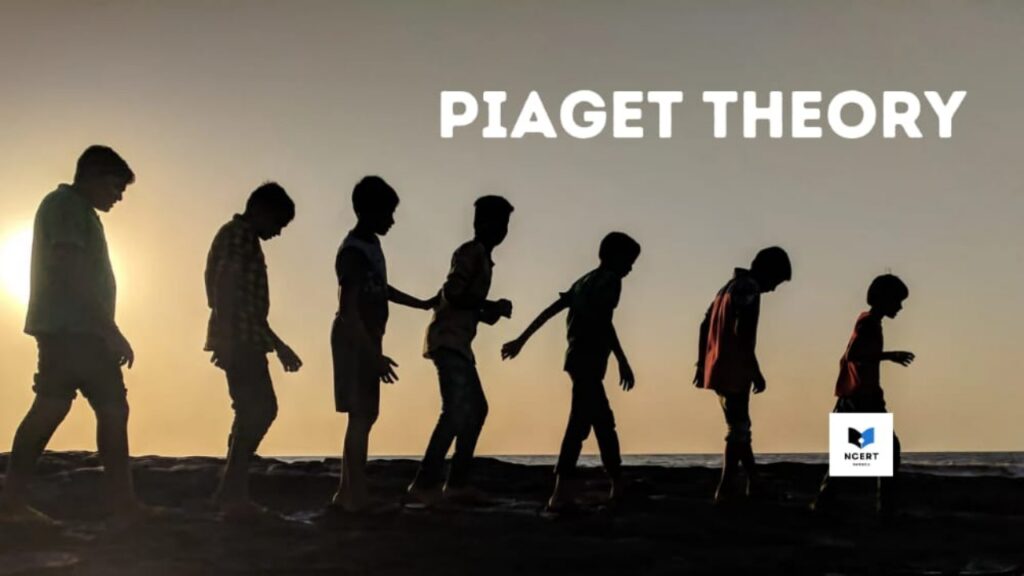Dr. Jean Piaget (1896-1980), a Swiss psychologist, systematically explored human development, resulting in what is known as Piaget’s theory of cognitive development. This theory explains how a child’s cognitive abilities evolve through various stages.
Key Concepts of Piaget’s Theory
Piaget described cognitive development as the process through which a child’s intellectual abilities grow and change. According to Piaget, cognitive development occurs in a sequential manner, where each stage builds upon the previous one. He observed that children express their cognitive and emotional development through various actions, such as crying when hungry or imitating their parents.
As children grow, their interactions with society contribute to their cognitive growth, emphasizing group actions and social learning.
Stages of Cognitive Development
Piaget’s theory outlines four key stages of cognitive development:
- Sensorimotor Stage (0-2 Years): In this stage, infants learn about the world through their senses and actions. For example, a child might blink in response to someone blinking at them, imitating the action.
- Pre-operational Stage (2-7 Years): This stage is divided into two phases:
- (2-4 years): Children in this phase often engage in irrational thinking and have limited reasoning abilities. They may recognize a black dog but not a white one, showing early signs of egocentrism.
- (4-7 years): Children start asking more questions and exploring their environment, but they may still struggle with concepts like decentralization and conservation. For example, when shown two glasses of different shapes, they may not be able to determine which holds more water.
- Concrete Operational Stage (7-11 Years): At this stage, children begin to think logically about concrete objects. They can understand the properties of objects, such as shape, color, and texture. For instance, when given a new toy, they think concretely about its physical attributes.
- Formal Operational Stage (11-15 Years): In this stage, children develop the ability to think abstractly. They can consider intangible concepts such as love, justice, and freedom.
Contradictions with other theories
Jean Piaget’s theory offers a stage-based approach to understanding cognitive development, focusing on how children progress through specific stages as they grow older. This contrasts with other theories, such as Lev Vygotsky’s theory, which emphasizes the social context of learning, and Jerome Bruner’s Theory, which highlights the importance of scaffolding and the spiral curriculum in the learning process.
Conclusion
Jean Piaget’s theory of cognitive development provides valuable insights into the stages of intellectual growth in children. Understanding these stages is crucial for educators, as it can inform teaching methods and help promote healthy cognitive development.
However, the successful application of this theory depends on the quality of teaching and the proper implementation of educational practices.
Related Articles:
